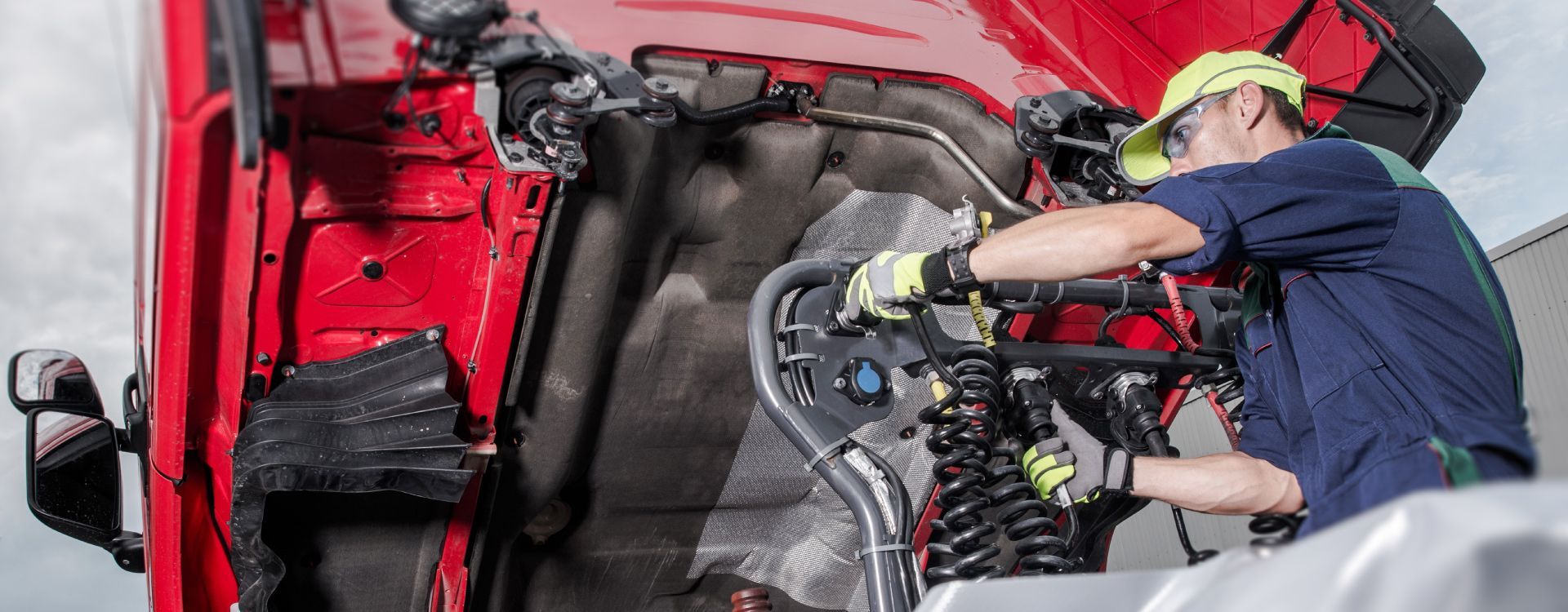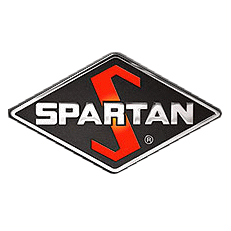Maximizing Your Trailer's Load Capacity for Safe Hauling
Maximizing your trailer's load capacity to create a safe hauling setup is important for any driver or fleet manager. Whether you're hauling heavy equipment, moving furniture, or going on a long-distance trip, it's important to use proper loading techniques and adhere to your trailer's maximum weight limits. Let’s explore the reasons why maximizing trailer load capacity is so important for safe hauling and provide you with practical tips to help you achieve optimal loading practices including getting utility trailer repair.
The Importance of Maximizing Trailer Load Capacity
Neglecting to follow best practices for maximizing your trailer's load capacity can lead to severe consequences and higher repair costs. Overloading or improperly loading a trailer can result in problems including:
- Cargo Damage: Without properly securing your trailer's load and respecting the maximum weight limits, you risk damaging your cargo during transportation. Shifting, bouncing, or falling cargo can lead to significant financial losses and delays in delivery.
- Compromised Vehicle Handling: Overweight and unbalanced trailers can severely impact your vehicle's handling on the road. Excessive swaying, jack-knifing, and strain on the brakes, suspension, and tires can make it difficult to maintain control of your vehicle, especially in challenging driving conditions.
- Increased Accident Risk: Overloaded trailers significantly increase the risk of accidents on the road. The additional weight affects your ability to brake, slow down, and navigate turns safely. Inadequate stopping power and reduced maneuverability can lead to collisions with unexpected obstacles or other vehicles.
- Connector Failure: While trailer connectors and couplers are designed to withstand significant stress, exceeding the maximum load capacity puts them at risk of breaking. A decoupled trailer can cause severe damage to your cargo and pose a significant hazard to other road users.
By maximizing your trailer's load capacity, you not only ensure the safety of your cargo and other motorists but also improve fuel efficiency and maintain better control of your vehicle on the road.
Steps to Maximize Your Trailer's Load Capacity
Follow these simple steps to determine your trailer's load capacity and load it efficiently:
Determine Your Trailer's Axle Configuration
The first step in maximizing your trailer's load capacity is to identify its axle configuration. Single, tandem, and multi-axle trailers have different load capacities and weight distribution requirements. Consult your trailer's manufacturer specifications or relevant state government authorities to determine the maximum load capacity for your specific trailer type.
It's crucial to note that single axle trailer load capacities vary from state to state. Additionally, ensure that the combined weight of your trailer and load (known as the Aggregate Trailer Mass or ATM) does not exceed the gross towing mass of your vehicle.
Load and Secure Your Cargo Properly
Once you have determined your trailer's load capacity, it's time to load your cargo. Consider the following three factors: secure fastening, even balance, and appropriate weight distribution.
Aim to slightly front-load your trailer, placing approximately 60% of the total weight at the front end. This weight distribution helps prevent swerving and jack-knifing on the road. Ensure that the weight is evenly distributed across both wheels to minimize swaying and maintain optimal control of your vehicle.
Utilize Load Bars for Oversized Items
When transporting oversized items such as kayaks, lumber, canoes, or ladders, load bars can provide additional support and stability. These accessories help maximize your load capacity by ensuring that unwieldy items remain secure during transit. For added security, consider using a cage to contain loads that extend significantly above the sides of the trailer.
Be mindful of load projection regulations, as there are legal limitations on the overhang of cargo at the sides and rear of your trailer. Check your local laws to ensure compliance.
Secure Your Load with Load Locks
Even a perfectly packed trailer can become unstable if the load isn't properly secured. Load locks provide an extra level of security, keeping your cargo in place during transit. They can also help increase the overall load capacity of your trailer, making them an invaluable tool for maximizing your carrying power.
Regularly Monitor Your Load During Transit
Hauling a trailer is a dynamic process that requires regular monitoring to ensure the safety and security of your load. Even tightly packed and secured goods can loosen or shift over time, particularly during long journeys.
Take regular breaks to inspect the fastenings, such as straps, ropes, and chains, and assess the overall balance of your load. This vigilance will help prevent cargo from falling off the back of your trailer while driving, making sure that you and your load arrive safely at your destination.
Contact Mainline RV & Truck Service for Utility Trailer Repair
If you follow these guidelines and maintain your trailer's maximum load capacity, you can complete your journeys with confidence, knowing that you're prioritizing safety, optimizing fuel efficiency, and protecting the performance of your trailer and vehicle.
If you need professional assistance with utility trailer repair or maintenance, contact Mainline RV & Truck Service. Our experienced technicians will make sure your trailer is in optimal condition, allowing you to maximize its load capacity and travel safely on the road.




















